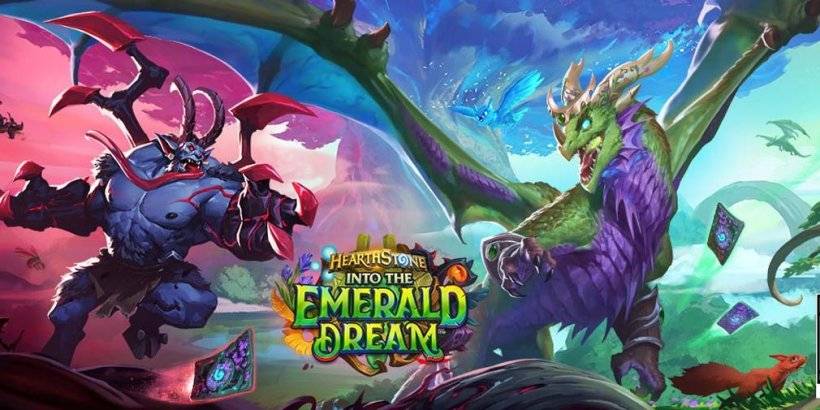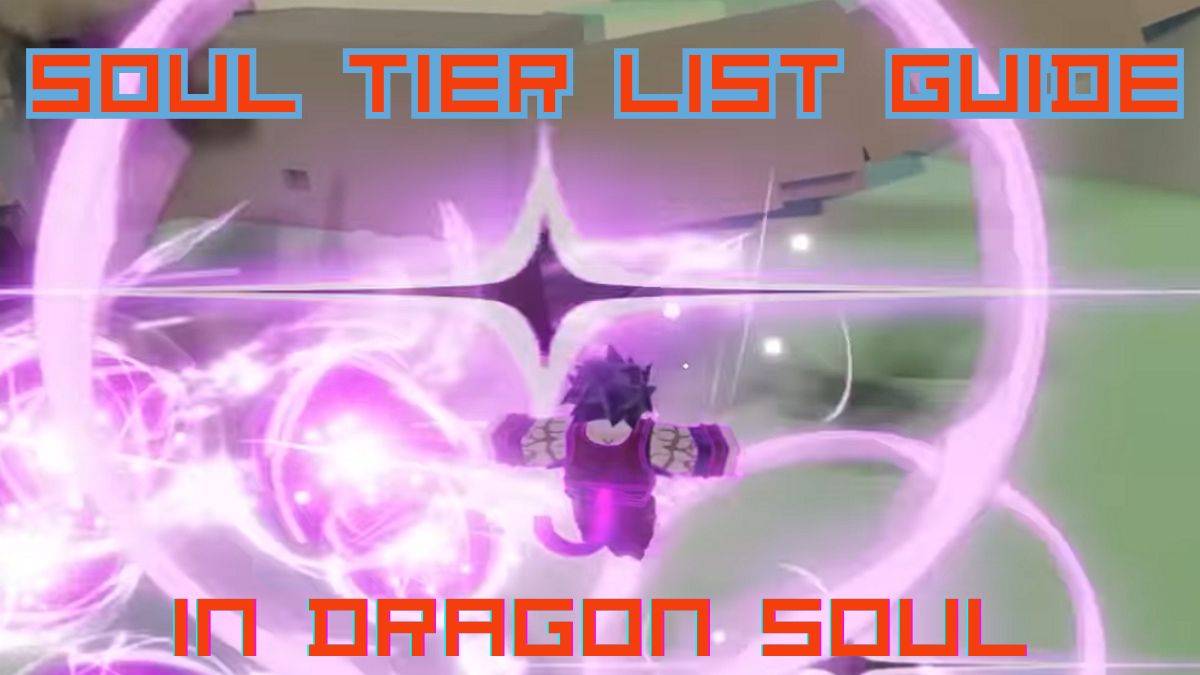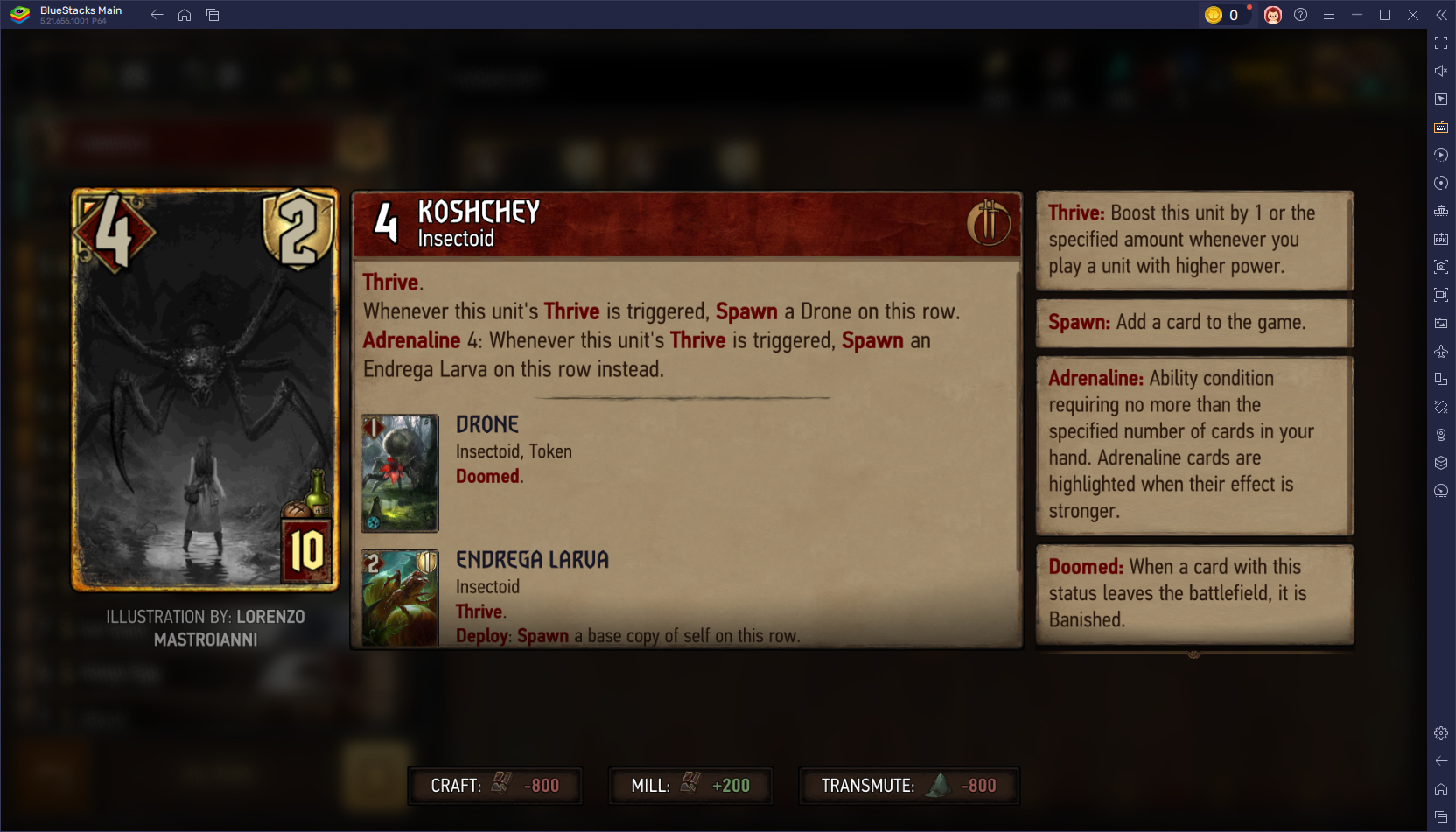Like a Dragon: Pirate's Yakuza in Hawaii Earns Rave Reviews
- By Camila
- May 17,2025
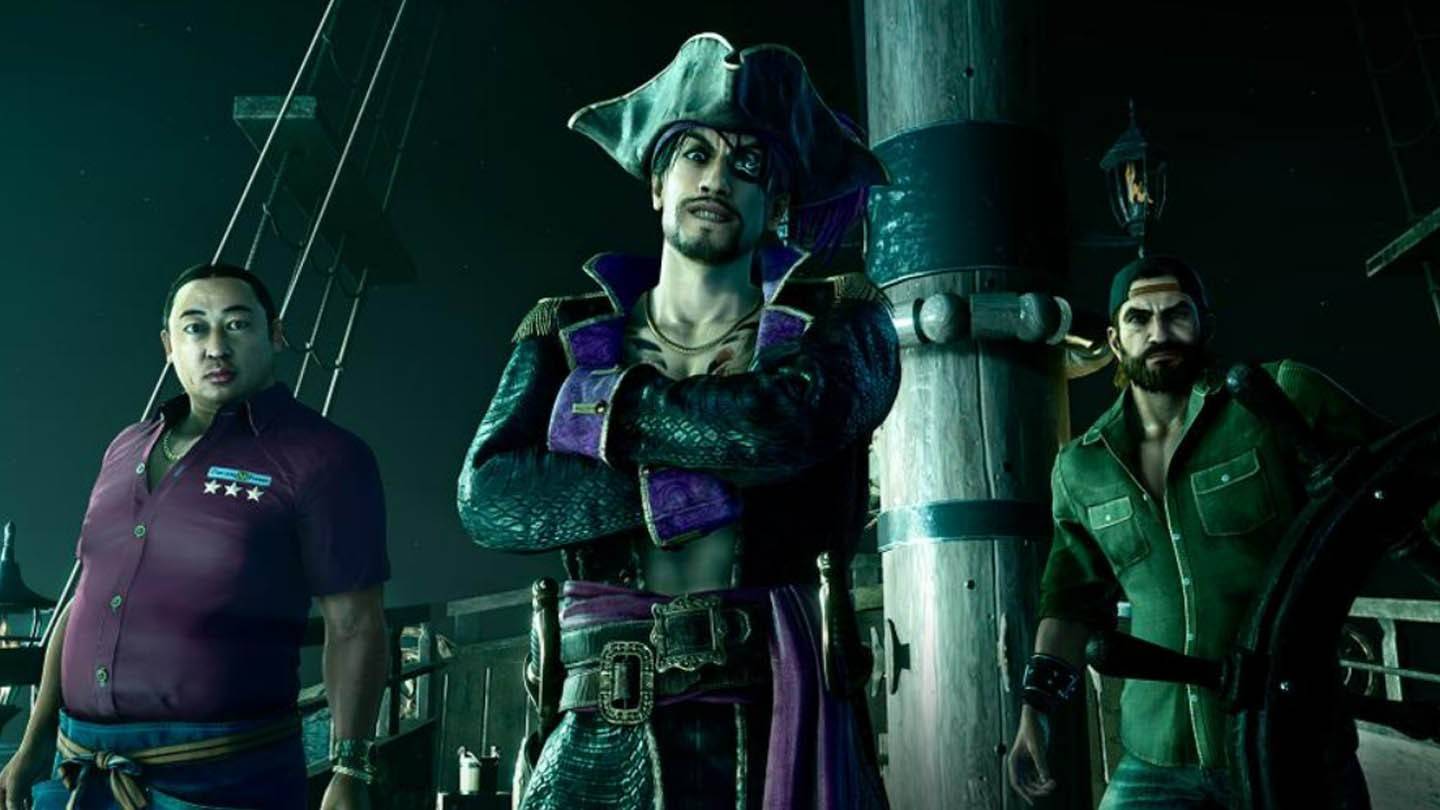
The latest addition to the beloved Yakuza series, *Like a Dragon: Pirate's Yakuza in Hawaii*, has been met with widespread acclaim from gaming critics and enthusiasts alike. This installment retains the franchise's signature charm, humor, and engaging combat mechanics while introducing novel elements that have captured the hearts of both long-time fans and newcomers. Yet, as with any ambitious project, there are certain aspects that have elicited mixed reactions.
A key factor in the game's success is its innovative setting. By moving the narrative to a tropical paradise teeming with pirates, Ryu Ga Gotoku Studio has created an experience that stands distinct from its predecessors. The game's vibrant art direction, combined with humorous dialogue and exaggerated scenarios, fosters a playful environment that perfectly aligns with the narrative. Players have lauded the meticulous attention to detail in the Hawaiian setting, which feels like a dynamic, immersive world filled with unexpected delights.
Combat remains a standout feature, skillfully merging turn-based strategy with real-time action in innovative ways. The introduction of pirate-themed battles brings new mechanics such as ship-to-ship combat and treasure hunting, injecting fresh excitement and variety into the gameplay. Critics have highlighted how these enhancements increase replay value while preserving the series' hallmark balance of depth and accessibility.
On the storytelling front, the game excels with its well-crafted characters and emotionally resonant narrative. Protagonist Ichiban Kamuro and his crew navigate new challenges that test their relationships and personal growth, offering moments of humor, suspense, and poignant reflection. However, some reviewers have noted that certain plot elements may seem predictable or too reliant on familiar tropes, though this is mitigated by the series' characteristic wit and charm.
Despite its numerous strengths, *Like a Dragon: Pirate's Yakuza in Hawaii* is not without its shortcomings. Performance issues on lower-end systems have been reported, alongside occasional bugs that can detract from the immersive experience. Additionally, while the open-world design offers ample exploration opportunities, some players may find certain activities repetitive or less polished compared to other AAA titles.
Overall, *Like a Dragon: Pirate's Yakuza in Hawaii* emerges as a robust addition to the Yakuza universe, striking a harmonious balance between innovation and tradition. Fans of the series will relish the continuation of beloved themes and mechanics, while newcomers will find an inviting entry point into one of gaming's most distinctive franchises. With its high energy, engaging gameplay, and unforgettable characters, this game reaffirms the enduring appeal of the Yakuza series.
Latest News
more >-

-
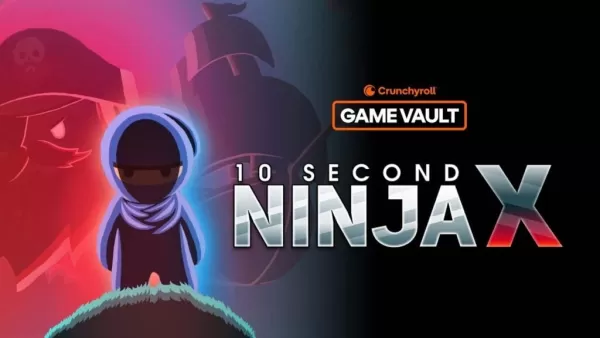
- Crunchyroll Adds 10 Second Ninja X to Android
- Dec 19,2025
-
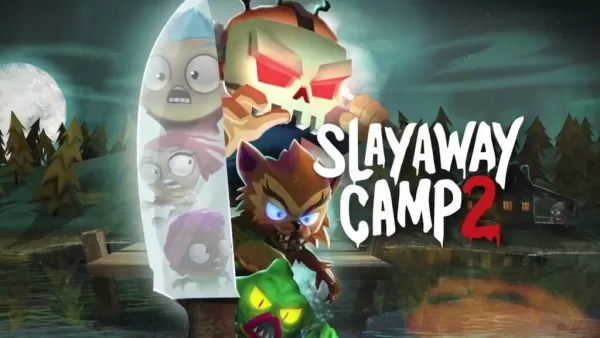
-
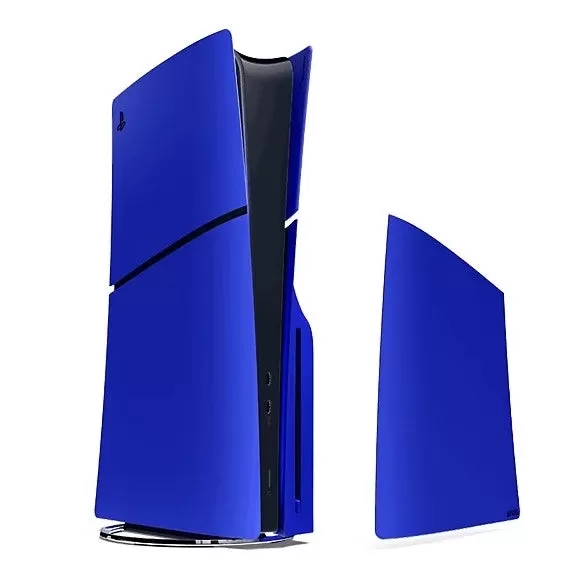
- PS5 Console Covers Discounted for Days of Play
- Dec 19,2025
-
